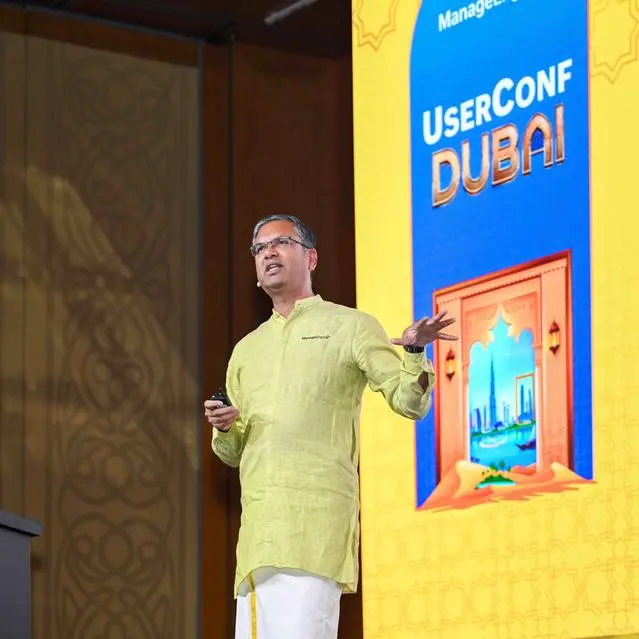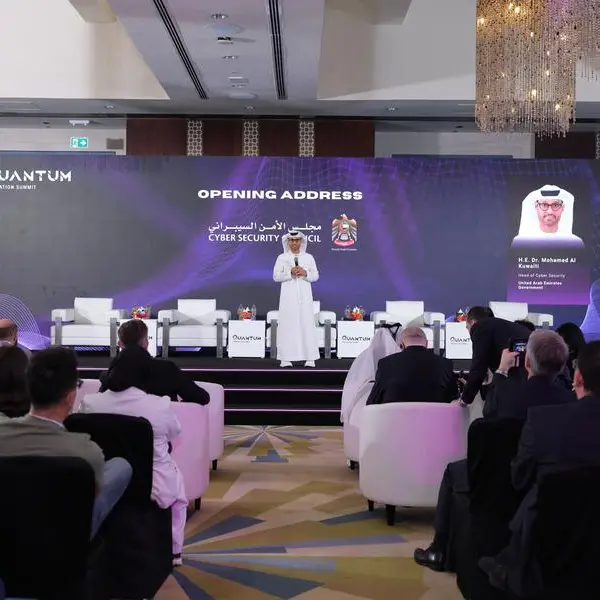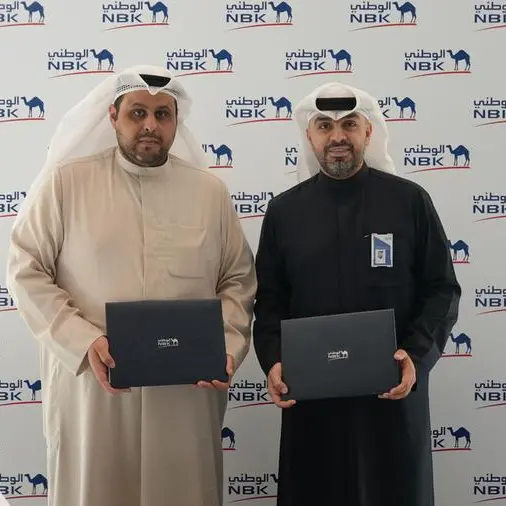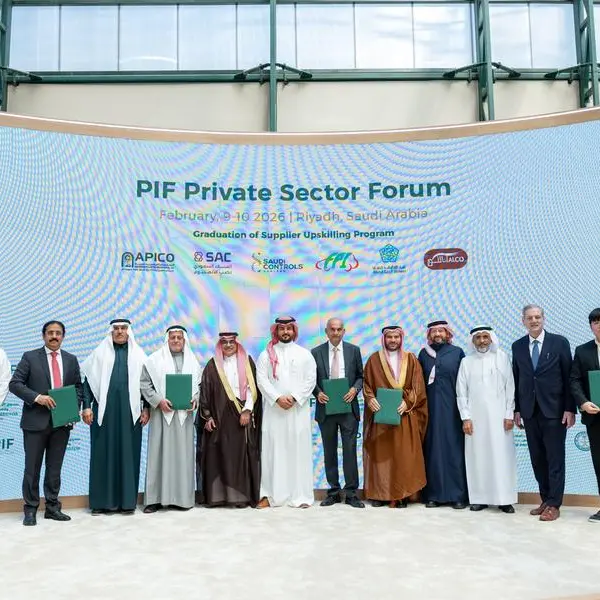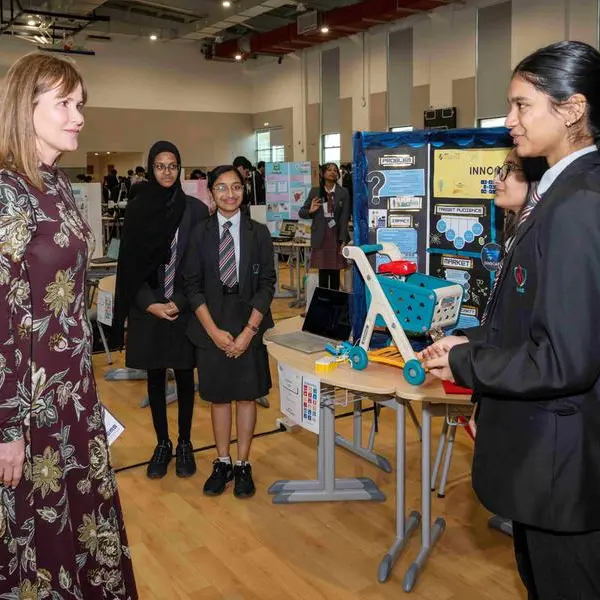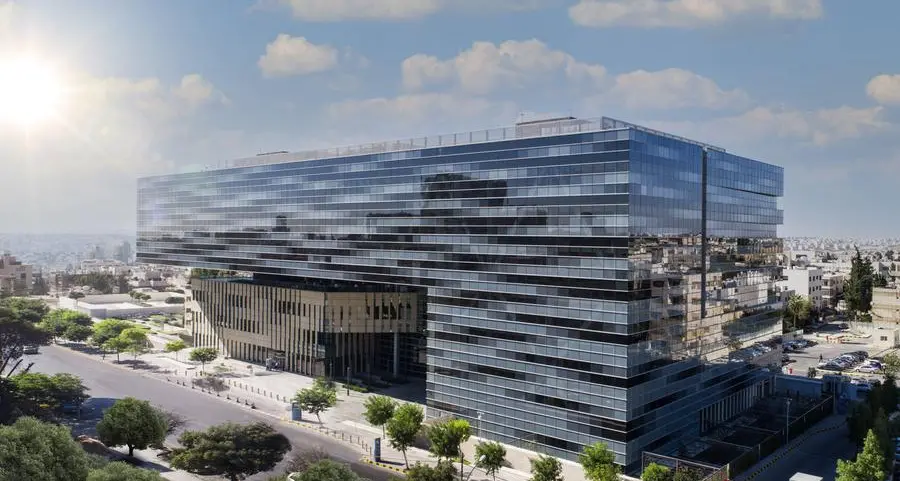Dubai, UAE: Maher Nasser, the UN’s Director of Outreach, urged the academia and industry to work together to address the big deficit in sustainability the world is experiencing today. Nasser was a keynote speaker at the PRME - the UN’s Principles for Responsible Management Education MENA event hosted by De Montfort University (DMU) this week, to show how partnerships can help solve the planet’s biggest challenges.
He described the main challenges faced by the world, and stated, “There’s now a peace deficit in Europe and the numbers of refugees is rising. There’s also a big deficit in sustainability and I think that’s where academics can really play a part by working with industry. The third main deficit is a deficit of equality. The number of people living in poverty has increased for first time since 1990”.
DMU hosted the conference with PRME – the UN’s Principles for Responsible Management Education team, which focuses on how to educate future leaders to focus on achieving the UN’s 17 Sustainable Development Goals, global targets which address issues like hunger, poverty and equality.
The theme of the ninth PRME Regional Chapter MENA Forum and 2022 Conference was the ‘Power of Partnerships in Addressing SDGs’. Over three days, a wide range of leaders from business, charity, humanitarian organisations and higher education joined the event.
Dr Mette Morsing, Director of PRME, said “PRME was launched to nurture responsible leaders. It wants to redefine success, focus goals on society, and focus on skills required. Success is often defined as winning the battle. It is a language of conflict, of conquest. It is not the language of partnerships, of collaboration. That is what we want to change in PRME.”
Moreover, Faiz Shah, the Director of the Yunus Centre, which works to build networks promoting sustainable work, poverty alleviation and social business, spoke about how universities can help connect business in their communities. He highlighted that a consequence of the pandemic was the realization that small businesses can be players in a global market because of modern globalised communication, however, the success is dependent on partnerships.
DMU has twice been chosen by the UN as a global hub for SDG 16, the promotion of peace justice and strong institutions and a big part of this status has been down to the creation of strong partnerships across HE to share practice in supporting refugees in local communities.
Hosting the final day was Professor Simon Oldroyd, DMU’s Pro Vice-Chancellor Sustainability, who summed up the conference’s aims, “The purpose of this conference is to connect networks and ideas to try and enact real change. It’s powerful partnerships with industry which move us towards the SDG goals.”
Experts on blockchains also spoke at the event and outlined how the emerging internet economy could help make the distribution of wealth in society fairer.
